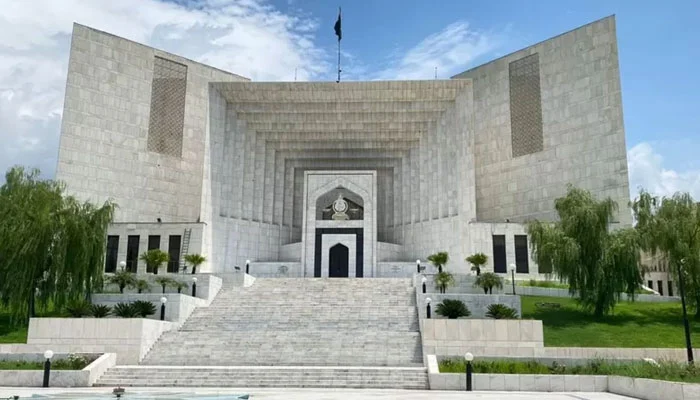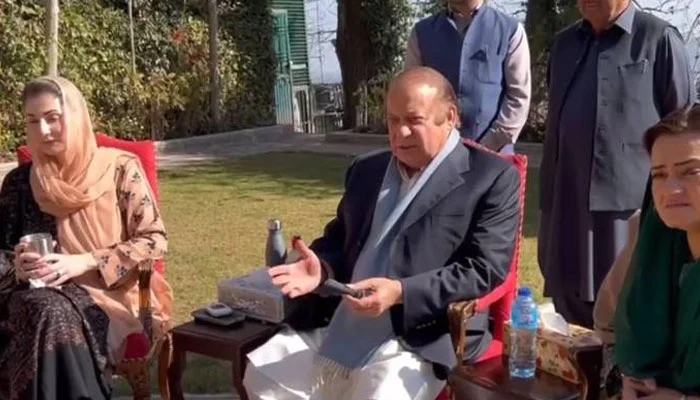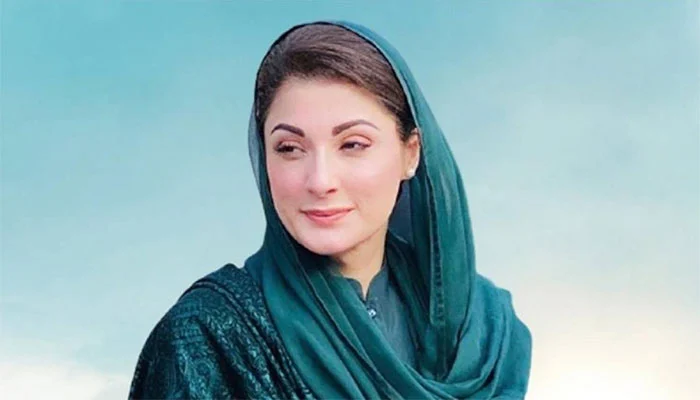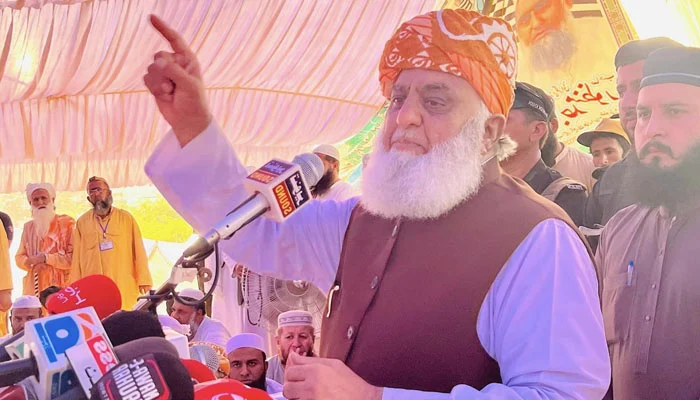The Supreme Court of Pakistan has issued a written decision on November 3, addressing the matter of the upcoming general elections. The decision underscores the significance of ensuring that both federal and provincial governments commit to holding the national and provincial assembly elections without any hindrance on February 8. It warns that any interference by one institution into the constitutional boundaries of another would have severe consequences. The dispute between the President and the Election Commission was unnecessarily brought before the Supreme Court.
In a democratic system, the role of the media is paramount. Freedom of expression is a constitutional right, but some individuals misuse this privilege to disseminate false information and concoct baseless narratives, aiming to undermine democracy. To preserve the sanctity of the electoral process and uphold democratic principles, it is imperative to ensure that elections are held on time and that the media conducts itself responsibly.
The written judgment, consisting of ten pages and penned by Chief Justice Gulzar Ahmed, emphasizes that the National Assembly had discussed the matter of elections on the advice of the Prime Minister on August 9. This debate was central to the issue at hand, as the President was bound by the outcomes of that discussion. However, the issue of conducting elections within ninety days could not materialize because the seventh population census had already been notified.
During the court proceedings, the lawyers of both sides argued that holding elections within ninety days was practically unfeasible. The President’s correspondence and the stance of the Election Commission complicated the court’s decision-making process.
The Supreme Court’s decision reiterates the importance of upholding the principles of democracy and adhering to the Constitution’s clear provisions. The court is resolute that determining the election date is not within the court’s jurisdiction. It emphasizes that the President of the country did not exercise Article 186 to seek the court’s opinion.
The decision underscores the separation of powers and the importance of each institution respecting its constitutional role. In Pakistan, the Election Commission is responsible for scheduling elections, while the President is obligated to abide by the timeline set by the National Assembly.
The upcoming general elections are of utmost importance to Pakistan’s democratic future. They serve as a means for the people to elect their representatives and shape the nation’s direction. The timely conduct of these elections is vital to ensuring a smooth transition of power and upholding the principles of democracy.
The judiciary’s role in ensuring the implementation of democratic processes cannot be understated. The Supreme Court’s decision serves as a reminder that the Constitution should be upheld, and each institution must work within its defined parameters.
It is important to recognize that democracy is a delicate system that relies on the rule of law, the separation of powers, and the integrity of the electoral process. Any deviation from these principles can have profound consequences for the democratic fabric of the nation.
The Supreme Court of Pakistan’s written judgment on the conduct of general elections highlights the critical role that democratic processes play in the nation’s governance. It reaffirms the importance of upholding the Constitution and respecting the responsibilities of each institution within the democratic framework. The decision underscores the need for transparency, adherence to the rule of law, and the timely conduct of elections to preserve the essence of democracy in Pakistan.



